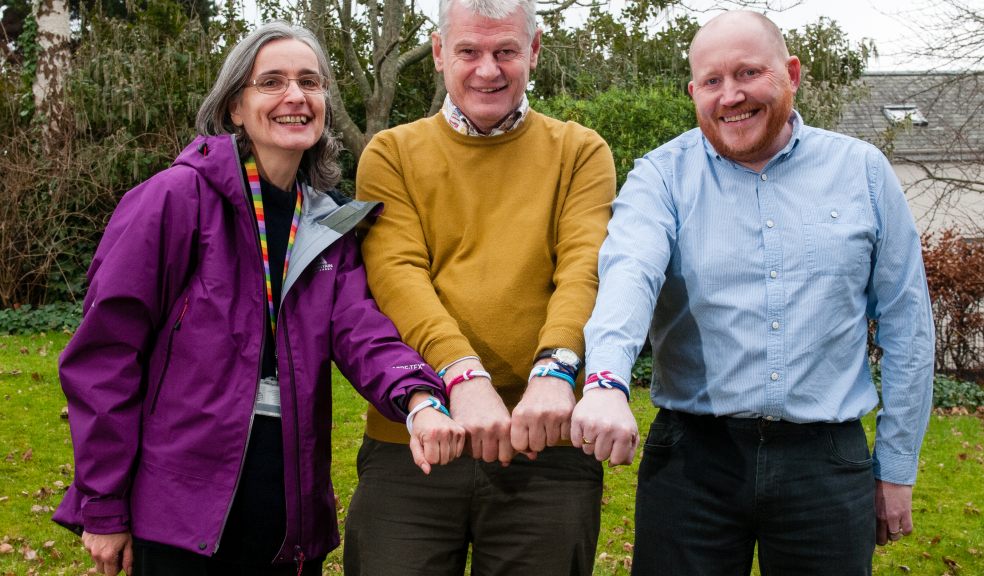
Exeter researchers to receive £5m to improve early detection of cancers
Researchers in Exeter are to receive £5m in funding to improve the early detection of cancers in GP surgeries, Cancer Research UK has announced.
The CanTest is part of Cancer Research UK’s Catalyst Award which aims to help researchers deliver trailblazing progress in their field with long-lasting results.
The CanTest team, led by Professor Willie Hamilton - from the University of Exeter will work with researchers in three UK sites and across the globe on a five year project that will help GPs to detect cancers in a primary care setting and reduce the burden of referrals.
This research will prioritise ‘difficult-to-diagnose’ cancers, which are also associated with poorer survival outcomes, and will look at both existing and novel technologies.
Prof Hamilton, lead researcher and professor of primary care diagnostics said: “As a GP myself, I know that it can be frustrating to wait weeks for results before making any decisions for my patients. We’re trying to reduce this time by assessing ways that GPs could carry out these tests by themselves, as long as it is safe and sensible to do so
He added: “Getting the right patient tested with the right test at the right time in the right setting should produce major benefits to patients and the NHS.
“This will include reducing the burden of referrals from primary to secondary care. It also should allow quicker diagnosis where cancer is present and quicker peace of mind where it isn’t.”
“At the end of the programme, we will have a sustainable International School for developing and optimising cancer detection in primary care, plus a considerably strengthened and younger research workforce in this area which will train and support a new generation of scientists seeking to make the leap into this field.”
The Catalyst Award supports capacity building and collaboration in population health with up to £5 million awarded to enable teams to deliver impact over and above what they could do alone.
The Award aims to boost progress aligned to Cancer Research UK’s strategic priorities by building new collaborations within and between institutions, also involving researchers based at the University of Cambridge, UCL (University College London) and the University of Leeds and a number of international institutions.
Dr Fiona Reddington, Cancer Research UK’s Head of Population, Prevention, and Behavioral Research Funding, said: “This collaboration will help us discover new and more effective ways to diagnose cancer by applying different methods to GP surgeries, and finding out what really works for them on the job.
“By investing in future experts in this field, it will allow us to continue searching for the best way to diagnose cancer patients for many years to come. This has potential not only to save GPs’ and patients’ time, but also to reduce the anxiety patients feel when waiting for their results.”















